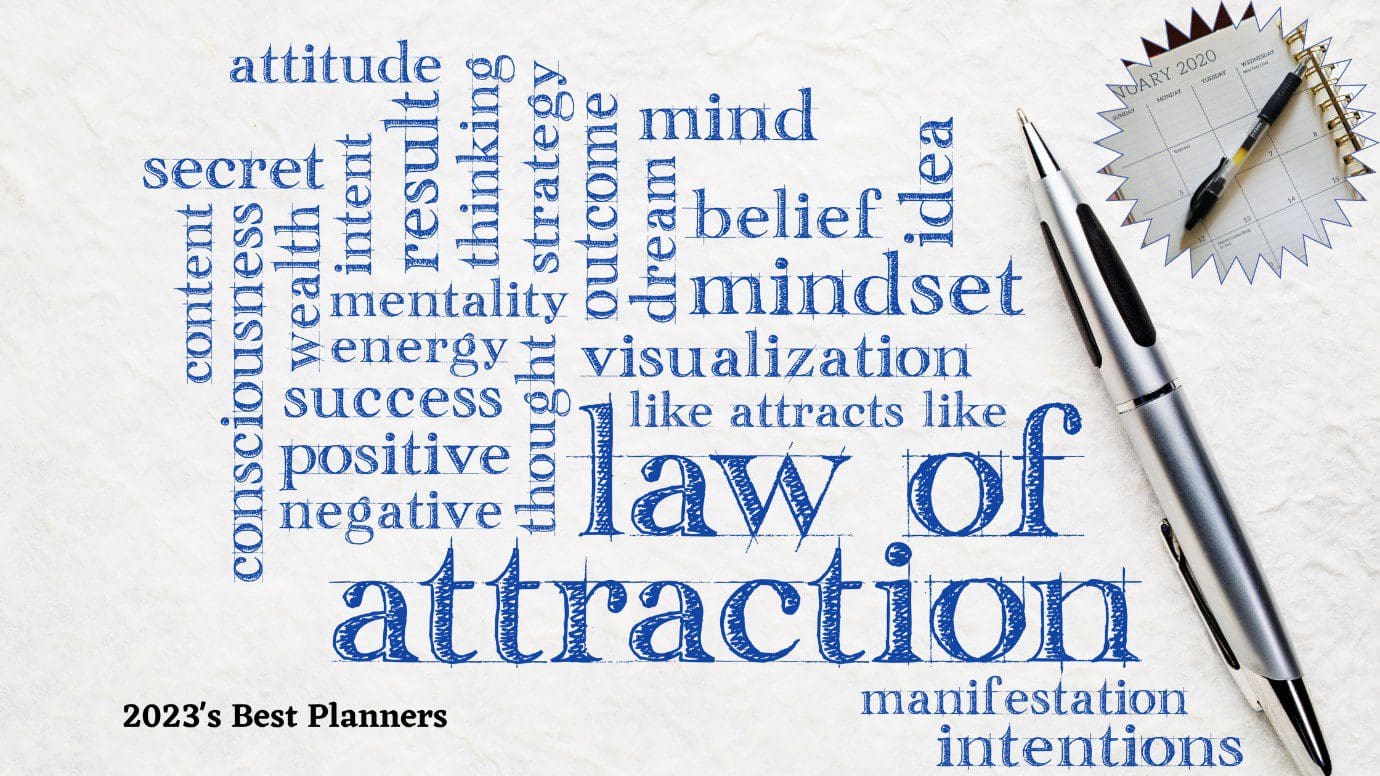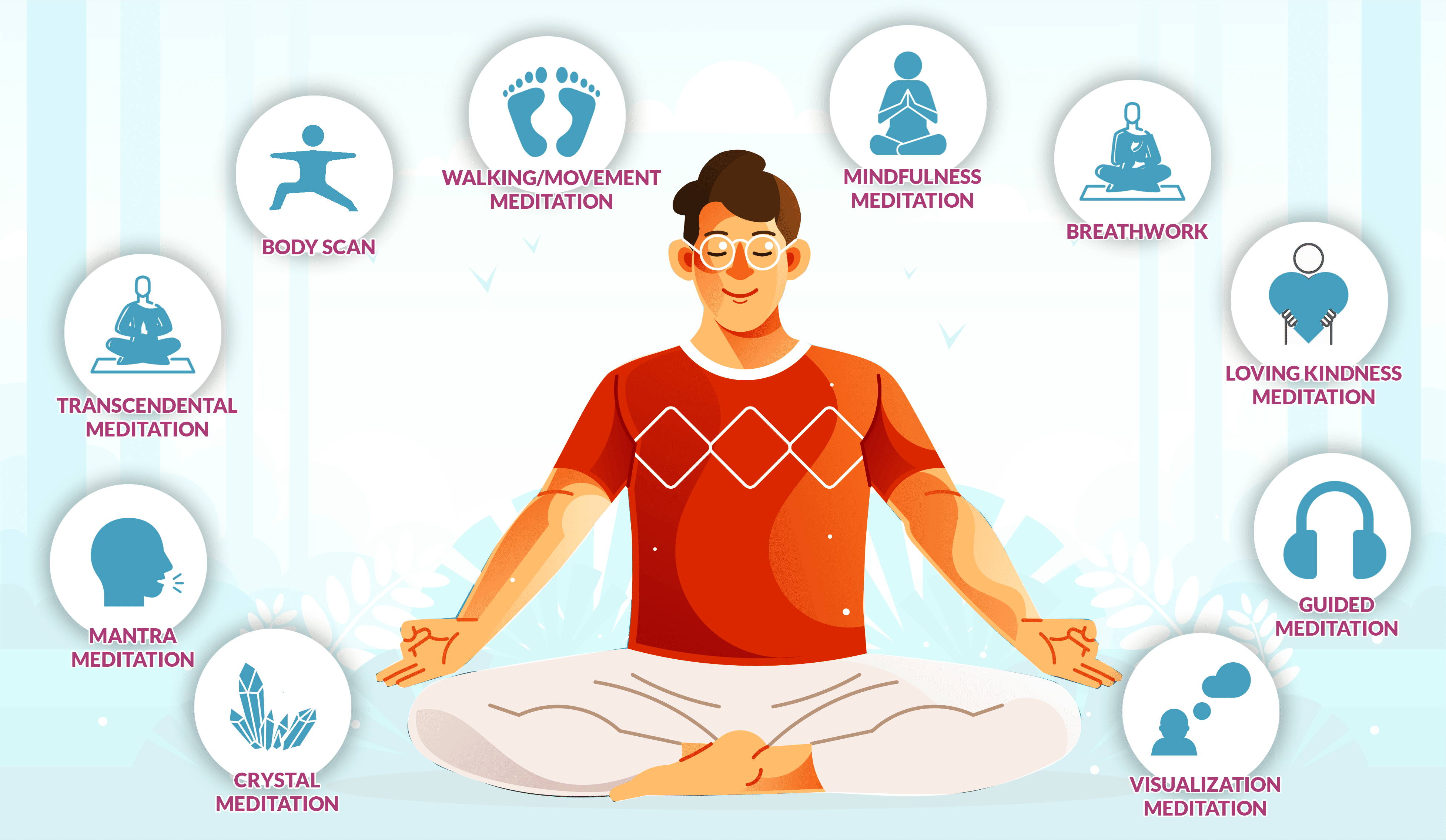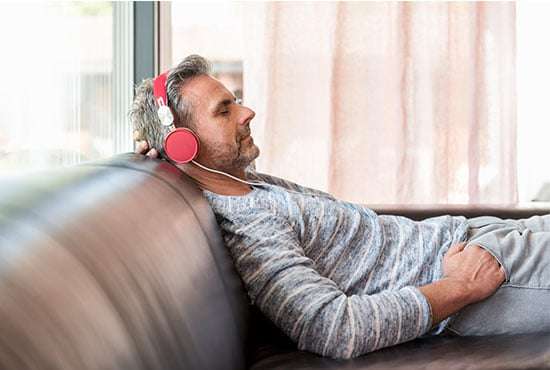
A stressful event and everyday stress is something that we all experience at one time or another, but it can be managed, so we don’t become overwhelmed by it.
This blog post will provide you with some helpful coping strategies for stress to help you better manage your stress levels to lead a healthier, more productive lifestyle.
It’s not the stress that causes us to be unhappy; it’s how we react to it.
We all have different ways of coping with stress, and some people are more prone than others to getting overwhelmed by stressful situations.
Stress is an inevitable and unavoidable part of life.
Some people may find themselves in an emotional state where they cannot control their emotions or thoughts. This could lead them to depression, anxiety disorders, panic attacks, etc.
And it seems like there’s just no escaping from the stress in our lives.
This pandemic has worsened the situation, now that we no longer live within our comfort zones and have to re-shuffle our lifestyles.
We all face continuous stressors due to finances, health, work, and relationships, among many other factors.
However, that doesn’t mean that we should give in to it and let it rule our life.
So one of the essential things we need to do is learn to manage this stress healthily, so it benefits our life in our day-to-day situations.
What is stress?
Defining stress will give you a better insight into refining any techniques that we will share with you later on, to adapt them to your personality in everyday life.
Stress is the response our body has to internal and external pressures.
It’s an experience that involves physical, emotional, and psychological elements.
An article published by the National Institute of Mental Health defines what stress is so succinctly.
To quote them, “stress is how the brain and body respond to any demand.” We can consider a normal response to situations that are overwhelming or require our full alertness.
This means that any activity requiring a certain amount of effort and discomfort can cause stress symptoms. Difficult situations can be anything from small work struggles to more serious relationship issues.

The signs of stress can be associated with thoughts (e.g., “This is too much”), emotions (anxiety, irritability, anger, etc.), and physical responses (headaches, muscular tension, etc.)
The Detrimental Effects of Stress
In tiny doses, stress is actually helpful. A short burst can get us to highly focus on something that matters or motivates us to try harder.
We can react to stressful events or difficult situations in different ways.
Sometimes, it can cause an emotional disturbance in the form of frustration, overwhelm, helplessness, disbelief, or shock, depending on the event’s severity and stress level.

However, if the stress continues or becomes too intense, it can wear down our bodies and become a contributor to many physical and mental diseases.
Depression, anxiety, cardiovascular conditions, and a whole lot more are impacted by our levels of stress from adverse effects in our already busy life.
It doesn’t matter whether you are the calmest person around, have high self-discipline or confidence; we all have vulnerabilities that stress can exploit.
Prolonged exposure to incredibly stressful situations can also wear one down in the long run, as stressful life events can also activate the nervous system’s fight or flight response.
This is the human body’s natural defense mechanism that usually kicks in when exposed to life-threatening events. It triggers our body to release two survival hormones: adrenaline and cortisol.
In stressful times, it raises our blood pressure, digs into energy reserves, and empowers the body to either fight or flight.
Let’s face it, too much stress can also make it harder to sleep, which has a negative impact on our overall health and well-being.
It encourages bad habits, like smoking, drinking, overeating, and more. It can harm our relationships because we feel on edge and irritable. It can bring down our productivity, creativity, and happiness.
Too much stress is bad for us, and the negative effects are well-documented.
According to a review published in EXCLI Journal Experimental and Clinical Sciences, here are just some of the major health effects when being constantly exposed to stressful conditions:
First, it can be very exhausting for our entire body and can potentially cause health issues.
Second, it can consume the energy reserves that we need to survive an actual life-and-death situation.
What Are Healthy Ways To Cope With Stress?
The question now is, what are healthy techniques to cope with stress? While some people believe that facing the stressors head-on is the best solution.
Understandably, it might not be the ideal step that everyone can take.
The good news is that we can reduce the impact of stress by managing it in healthy ways.
Learning how to recognize our various stress levels are important as this helps us know how to manage our different types of stress response, to any given situation that we have. This can help us to cut down the negative effects it has on our mind-body resources.
We all have our own personal resources and different coping strategies that we use. Some of them might work well, and others might not.
For example, many people find that alcohol relieves stress. However, it is a harmful strategy in the long term and, unfortunately, a big contributor to addiction.
Many relieve stress by eating more than usual, especially comfort foods, but that can have harmful effects on health or make you feel guilty, thus adding to the existing stress.
Healthy ways of coping are those that do not have harmful short-term or long-term side effects, those that help relieve stress successfully, and those that have additional benefits.

Here are a few examples of negative ways in which we might deal with stress:
☹️ Smoking
☹️ Alcoholic drinks regularly
☹️ Taking it out on someone else
☹️ Eating sweets or junk food in excess
☹️ Mind-numbing entertainment
Here are some healthier and more positive options:
🙂 Taking a warm bath (relaxing and releasing muscle tension for the entire body)
🙂 Plenty of sleep
🙂 Regular Exercise
🙂 Meditation and breathing exercises
🙂 Techniques with relaxing activities (Tai Chi, yoga, meditation, etc.)
🙂 Mindfulness
🙂 Writing
🙂 Art
🙂 Journaling
🙂 Reading
🙂 Nutritious foods or healthy foods (when your feeling depleted)
🙂 Reviewing your workload toward balanced lives
🙂 Learning stress management techniques
🙂 Make time for fun

What Are the Top 5 Ways to Reduce Stress Fast?
Sometimes, we can’t always soak in a bath or read a relaxing book. We need to keep going on with our busy lives, so we need to find ways to relax quickly.
So, what are the top techniques for reducing stress right away?
☆ Breathing Techniques- Managing your breathing patterns. Perhaps some deep breathing as a relaxation technique to help alleviate some of the stress response.
When you breathe deeply, slowly, and with awareness, you signal that the danger has passed to your brain and body. It can be part of your stress management techniques.
You can do mindful breathing, box breathing, or any other approach – they all work well to help you reduce stress right away.
Simple deep breaths can be pretty effective on their own. (Need A Guide To Conscious Breathing?)
Instant Relief Guided Meditation
☆ Doing a quick exercise is a fast and easy way to calm down. Even a brisk walk around the block can alleviate excessive stress when your mind has a lot going on inside.
☆ Redirecting that chatter and replacing it with some positive self-talk instead of the random chaos that is happening in the mind.
☆ Journaling– Writing it down, this strategy takes a few moments to write down everything that is bothering you. (You might even see things from a different perspective once it’s all down on paper?)
In times of stress, you can even use freestyle writing, where you won’t have to worry about grammar or spelling – you have to get it all out there on the page.
Or, if you need a few prompts to help you along, you might try using a journal with prompts inside, just like this one.
Once all of your emotions and thoughts are written down, they become much easier to let go, believe it or not. What happens when re-reading your thoughts is that you do see a different perspective on things.
Writing down whatever you are not saying can be cathartic. As we all have things sometimes that we never get a chance to express clearly at the time.
☆ Yawn – A yawn, surprisingly, can be quick and help reduce stress.
According to neuroscience, it brings your tension down and is an effective technique that only takes a moment.
Unless, of course, you are facing your boss, but hopefully, you shouldn’t get into trouble for yawning, right?


☆ Smile – Smiling while stressed can feel strange, but it can also push us to relax a little.
It’s a good idea to keep that smile on for a few minutes until we will feel ourselves becoming less stressed.
You know the old saying “fake it till you make it,” the feeling that you will feel a lot better shortly.
☆ Watch something funny – A quick laugh can reduce the stress we feel.
Watch a skit, a sketch, a joke, or an animal video. It’s a great way to relieve stress and feel more relaxed in a short while.
All these solutions are simple and easy techniques for dealing with stress at the moment.
However, we might also need to work with the root cause to get rid of a stressor or two in our life.

How To Create a Less Stressful Environment
A good idea, in the long run, is to create a less stressful environment for yourself.
There are many things you can do, for example, use calming colors like green and blue and place plants around the house. ( Read more on 7 Ways To Use Color Therapy )
Reduce the distractions and the clutter to feel more at ease – too many things in one place can make it harder to calm down.

Place things around you that are relaxing, that comfort you, make you feel safe, and be able to calm down.
Investing in a relaxing and calm environment is worth it, and you will be able to de-stress around your favorite things that make you feel soothed and happy.
Don’t overburden your space, consider creating an area for relaxing, it can be a great asset in your life. (Self-Care Integrating Zen Wellness)
Small changes around the house, like plants, good ventilation, good illumination, and more, can make your whole home feel like a stress-free zone.
https://www.nimh.nih.gov/health/publications/stress/index.shtml
https://www.ncbi.nlm.nih.gov/pmc/articles/PMC5579396/
Disclaimer: Our web pages and blog posts provide general information for general purposes only and not to be used for any medical, legal or alternative health advice for any type of physical, mental health or financial concerns.Always speak to your practitioner before embarking on any new alternative treatments. If you have concerns about any medical matters, you should always consult your healthcare provider without delay.We thank you for taking full responsibility for your own health and wellbeing in life. ☺










